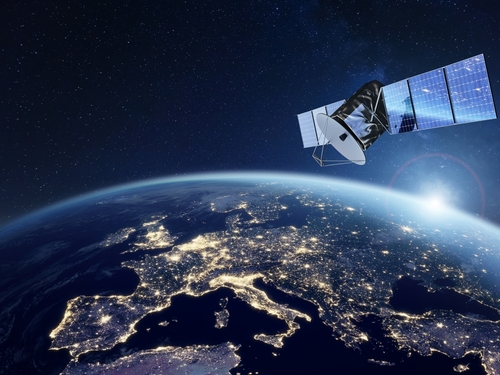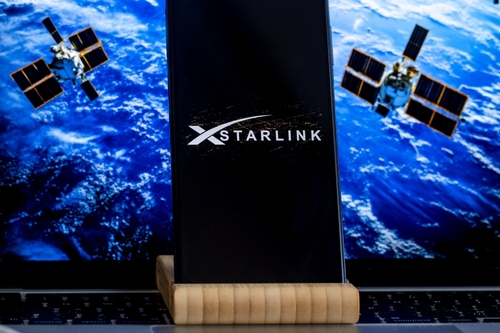Physical Address
304 North Cardinal St.
Dorchester Center, MA 02124
Physical Address
304 North Cardinal St.
Dorchester Center, MA 02124

Mobile connectivity is now as vital to daily life as electricity or clean water, writes Richard Wharton, Co-Founder and CEO, Bullitt
The UK has the skills and regulatory momentum to lead. What’s needed now is urgency from government, operators, and industry to strengthen resilience across essential industries and infrastructure, the very risks clearly set out in the Strategic Defence Review.
Yet we continue to experience outages, patchy coverage, and rising threats from cyberattacks, extreme weather, and infrastructure strain. When networks fail, lives and livelihoods are disrupted.
The solution increasingly lies in direct-to-device (D2D) satellite technology, the ability for ordinary smartphones to connect directly to satellites when terrestrial coverage is lost. It’s a breakthrough that transforms resilience. It requires no specialist handsets, no bulky gear, just seamless backup when it matters most.
Who provides this safety net, and on what terms, is not just a commercial issue. It’s a strategic question for Britain and Europe.
Satellite communications are moving from niche to mainstream. Regulators such as Ofcom have already begun paving the way for D2D services in the UK. Operators see value in offering resilience and new revenue streams. Consumers and enterprises want peace of mind that they can stay connected wherever they are.
Global giants are moving fast. Starlink is deploying aggressively, strengthened by its recent $17 billion acquisition of Echostar’s S-band spectrum. AST SpaceMobile has secured high-profile partnerships. Both have enormous financial firepower and ambitious global goals.
But under Ofcom’s emerging framework, D2D services must be delivered in partnership with a licensed, in-country mobile network operator. That means the real question is not whether operators are involved, but what kind of partnership they want.
D2D will soon be part of the mobile landscape. The question is who shapes it, and how. Will it be dominated by a handful of global mega-constellations? Or will we support a more balanced ecosystem where national innovators provide choice and resilience?

Britain has a history of competing with ingenuity rather than size. From early computing to fintech, British companies have thrived by being faster, more focused, and more collaborative than their larger rivals.
D2D offers the same opportunity. Instead of relying on overseas monopolies, we can build a diverse ecosystem of solutions that are operator-friendly and integrated into existing mobile networks rather than competing with them. These solutions can be low-risk — requiring no spectrum surrender or massive up-front investment from operators — and focused on coverage and resilience, not scale for its own sake.
This is where UK innovators can play a defining role. The UK already has one of the world’s most dynamic space economies, contributing more than £16 billion a year and delivering returns of £5 to £6 for every £1 invested. The Government has reinforced its intent by bringing the UK Space Agency under direct ministerial control, with a clear ambition to make Britain a major player in space.
That ambition must extend beyond rockets and satellites. It should include the communications layer that keeps people connected on Earth. Every region of the UK should have a communications resilience plan — and D2D must be central to it.
Satellite connectivity strengthens, rather than threatens, mobile networks and will help shape the framework for future European legislation. If we back our innovators, we’ll ensure value, jobs, and expertise remain here rather than flowing overseas.
Mobile connectivity is too important to leave vulnerable. The next crisis, whether cyber, environmental, or infrastructure-related, could strike at any time. D2D satellite connectivity ensures we can still talk to each other when it does.
Britain can lead this resilience. Ofcom has set the direction by requiring operator partnerships. We must now back open-standards innovation that keeps operators and consumers in control.
Editor’s note: RCD Bullitt is a new company that acquired the Bullitt name and satellite-related intellectual property out of administration. It has no legal or financial connection with the former Bullitt Group and now operates the Bullitt Satellite Messenger service while investing in R&D to develop a non-terrestrial network platform-as-a-service.